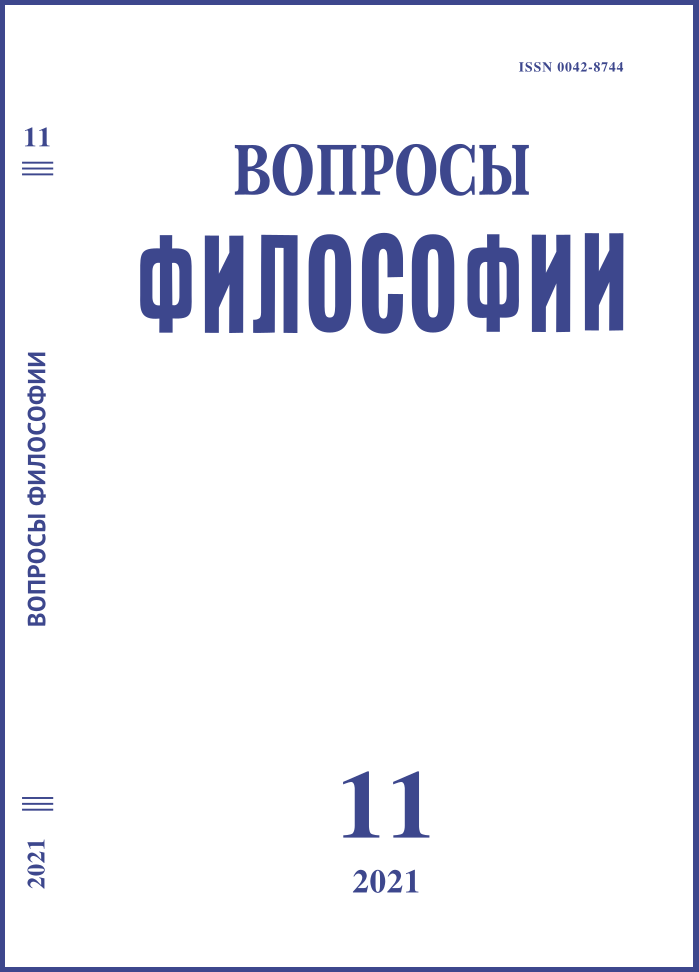The Polish Poet Aleksander Wat about Totalitarian Temptations and about the “Janus-Faced” Russia
DOI:
https://doi.org/10.21146/0042-8744-2021-11-198-208Keywords:
Aleksander Wat, Boris Pasternak, Communism, George Orwell, Russia, Stalinism.Abstract
The common thread in the life history of Aleksander Wat is his skepticism toward absolute truths and their heralds. He was untrue to this principle for only a few years when he followed an “association” that supposedly held the truth – the communist movement. Wat regarded this relatively short “dogmatic sleep” as the biggest mistake of his life. Because of it, he contributed to spreading of one of the most inauspicious teachings of the twentieth century and burdened himself with unforgivable guilt. This disenchantment process was fueled by his longstanding confrontation with Soviet reality. Wat was outsider and an insider at the same time and could observe the Soviet experiment from both a distance and from up close. As a universally educated Central European, he also belonged to the great authorities on Russian culture and had complete command of the Russian language in all its nuances. This made it easy for him to integrate into Russian developments in a general European context, and at the same time to understand the most important characteristics of Russia’s “special historical path”. In Wat’s eyes, Russia is a Janus-headed object. It has both a repulsive – as he put it – “Asiatic” face, and a charming European one. For Wat, Asia did not represent the cradle of civilization, on the contrary. For him it virtually epitomized tyranny and disregard of human rights.

